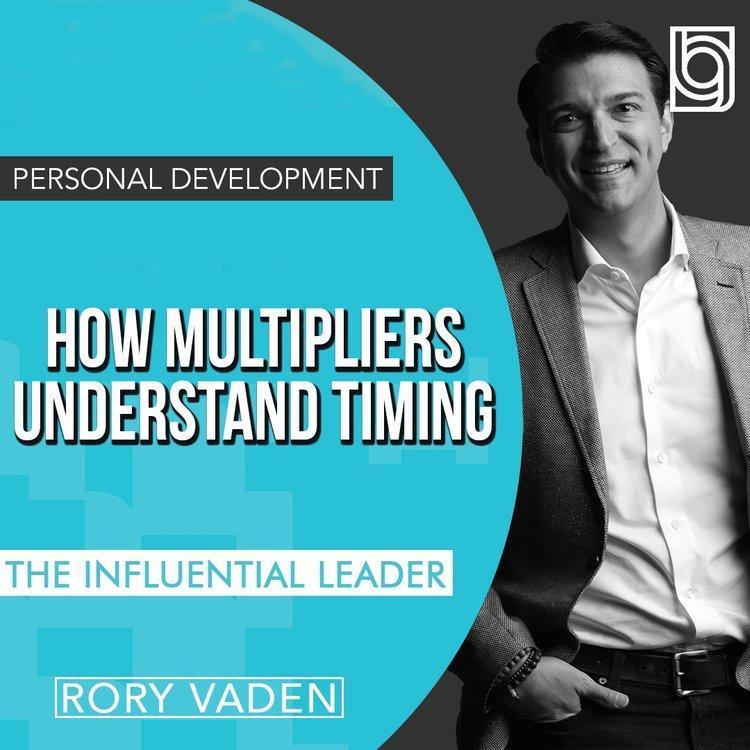Why Time Management is Important
There is a big difference between waiting till the last minute and waiting till after the last minute.
Some of us wait until the last minute.
We freak out because we associate waiting to the last minute with pulling all-nighters and missing deadlines which compromise quality and incur additional expenses.
Or people not hitting their project deadlines.
That is what we associate with the last minute.
But I would submit that those dynamics are not the last minute.
Those are after the last minute; those are all things that showed up when we waited too long.
I am not advocating that those things are good.
I am not saying that the key to success is pulling all-nighters, not planning and preparing, and having ample time for things.
That is not what we are saying.
We are saying one can wait until the last possible minute where one can still execute effectively, properly, efficiently, and not waste money, etc.
But even still, you might ask why we would wait?
A lot of people, especially high-performing people, would ask this question.
If I could just do it now, why wouldn’t I just do it now?
The reason is that things change. We live in a world of constant perpetual change.
This is different than the world of 1999.
In 1999, we did not have instant communication.
We did not have instant news. We did not have instant innovation. We did not have things go viral as we have now.
Now we have things changing.
There is also a lower barrier of entries to starting most businesses and in most markets than ever before.
There is always a new competitor.
We also did not have things like artificial intelligence, programming, computer chips, and technology.
The world changed slower, but we live in a world that changes fast.
It changes fast and regularly. It changes often.
We almost live in a world that changes perpetually.
That requires an evolution of mindset.
There is a completely radical, different way of thinking about this.
What changes exactly?
Everything changes.
Your plans change.
I was going to go to Chicago, but then a week before I found out that I needed to be in Philadelphia.
Your plans change.
Dates change. right? We were going to do it on this date, but the date got moved.
COVID happened and now we must push the date out.
Prices change. You were going to do something and now some new competitor comes in and undercuts you.
Or you are in a home building market and suddenly, all the costs of lumber and everything associated with building a house have skyrocketed because demand has skyrocketed. Supply has gone down and now your price has changed.
It’s another invisible cost.
It’s what we call unexpected change cost.
Anytime that you have already taken action and then later things change, you have unexpected change costs.
Let’s look at some examples of this.
You are anxious to get that new flyer printed. You got a great deal on printing it, but then two weeks later you decided that your customer needed to reposition your whole marketing message. You suddenly have a massive sunk cost. Now you cannot use these flyers. You have a rework cost.
Or a customer ordered a thousand quantities of X products. You boxed it up two weeks early, then your salesperson called and said they just upped the order. Now you have rework costs.
One of the things one must realize is that doing something early does not equal multiplying time.
Doing something early is not the same as multiplying time.
Doing something early just means that you are taking something from tomorrow. You’re bringing it into today and you’re adding risk.
You’re adding the risk of unexpected change costs.

Finding the Right Balance
Why wouldn’t I want to do something early?
Because if you are doing something early, it is an underutilization of your greatest asset, which is time.
If you are doing something early, then that means you are pulling time away from something else that you could be doing that is inside of the window of the perfect time.
You do not want to have an underutilization of your greatest asset.
Now, let me again be clear.
You do not want to be late.
We are not saying be late.
There are costs associated with being late, but you also do not want to be too early.
If you are too early to Bitcoin, you lose your entire retirement. If you are too late to Bitcoin, then you cannot afford it or the market has passed.
If you are too early to Facebook, nobody is on it. If you are too late to Facebook, no one has seen your posts there.
Multipliers work to be precisely on time.
They are calculating subconsciously. They cannot explain it. They just do it instinctively. They are going through this perpetual calculation to be on time at the right time.
Let me know your thoughts on this. I love to know.

















